ArenaNet fired Guild Wars 2 writer Jessica Price after she argued with YouTuber Deroir. But her firing is sending the wrong message to men and women in games.
Earlier this week, Guild Wars 2 writer Jessica Price put together a Twitter thread about writing player characters in MMORPGs. It draws on her work with Guild Wars 2’s player character, the Pact Commander, and the game’s Living World story progression system. Shortly after, Guild Wars 2 YouTuber Deroir commented on the thread, criticizing the Living World and ultimately concluding that “players would be more invested in [the game’s] roleplaying aspect” if Guild Wars 2 had “branching dialogue options.”
Price wasn’t happy with Deroir sharing his unsolicited opinion, and she responded that he was a “rando asshat,” lecturing a woman who has “worked in game narrative for a fucking DECADE” about “how you do your job.” Then Price made a point that resonated with women across the gaming industry: She doesn’t owe him, or any other player, her time.
“The attempts of fans to exert ownership over our personal lives and times are something I am hardcore about stopping,” Price argued. “You don’t own me, and I don’t owe you.”
But after fellow writer Peter Fries also stepped in to Price’s defense, ArenaNet reportedly decided to fire both developers, claiming that they “failed to uphold our standards of communicating with players.”
“Their attacks on the community were unacceptable,” ArenaNet president Mike O’Brien wrote on the game’s official forums. “As a result, they’re no longer with the company.”
Men in games, it’s time for a chat.
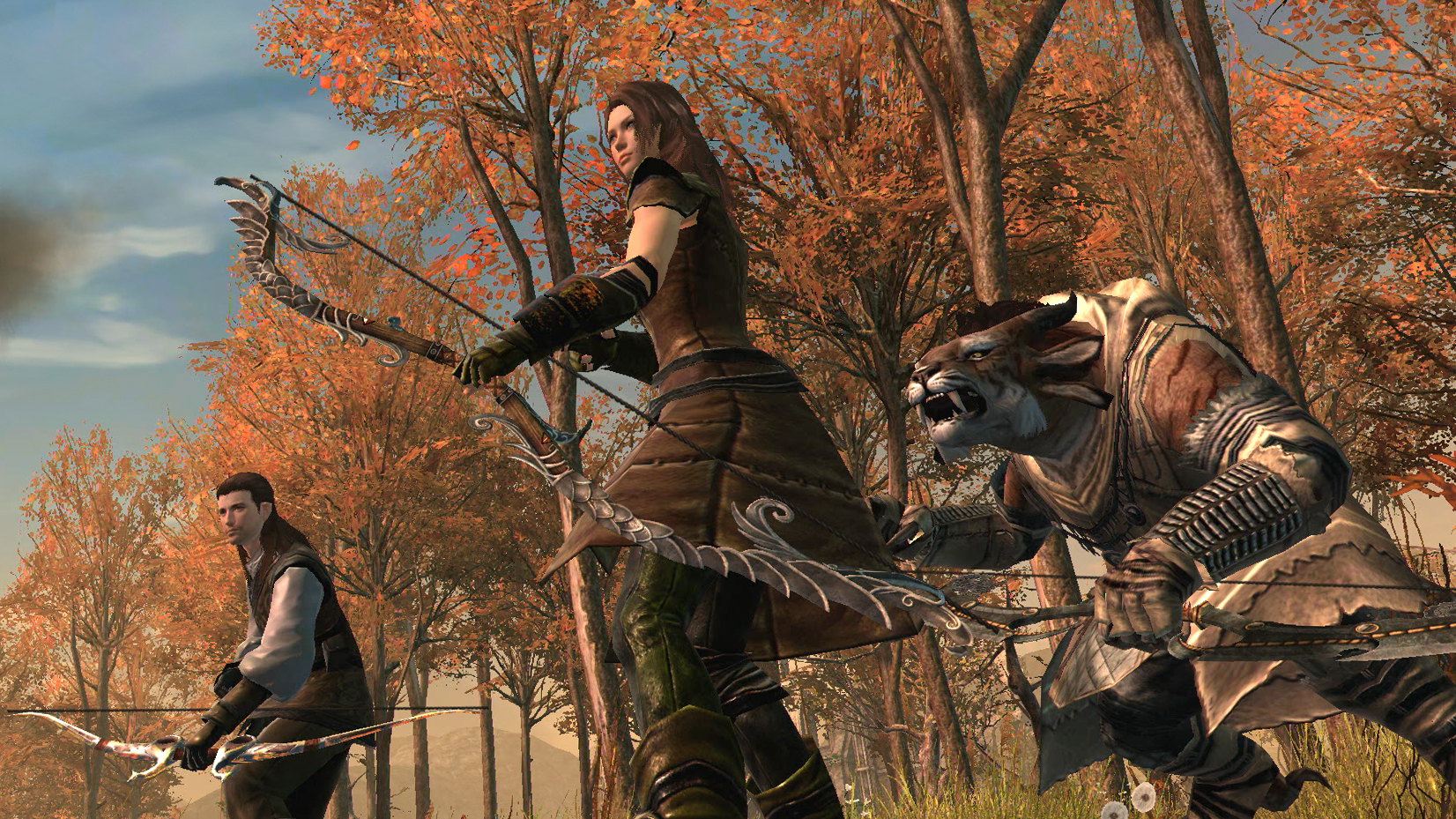
If you’re worried ArenaNet’s response is excessive, you may be on to something. Regardless of Deroir having good intentions or not, he turned a general, candid discussion on writing into a pointed criticism against Guild Wars 2’s Living World. That’s petty, because as Fries pointed out, Price “never asked for his feedback.” His actions are the online equivalent of interrupting Price at a lecture on game development to complain that she did a bang-up job on Guild Wars 2.
But the reason this has stirred up so many is because it’s a drop in the pond. It isn’t new to any woman in gaming. What you’re witnessing is an oft-bemoaned phenomenon known as “mansplaining.” The term, developed over half a decade ago to describe the tendency for men to explain something to a woman in a patronizing way, is something that Psychology Today says has been “long documented” in academic literature.
It’s easy to see how this kind of interruption can play out in online spaces like Twitter. Don’t like what a woman in game development has to say? Go ahead and dump your opinion on her timeline. Then throw in some criticism about her work while you’re at it.
“Dictating someone’s job to them is not something anyone has to listen to,” Wired’s Julie Muncy tweeted earlier today. “Personal Twitters are not the place for professional feedback. If you came to my door and very politely told me how to do my job, still being a dick there.”
The patronizing of Price is extremely common. The Verge’s Laura Hudson said a man once explained the VR game SuperHypercube to her despite writing a New York Times article on the game. And in a 2015 interview with CGTN America, Kotaku’s Maddy Myers said she was “treated as though I didn’t know anything about games,” concluding that the men in games are “very condescending and treat women like they don’t belong there.” Case in point, Minecraft creator Markus “Notch” Persson has denied that mainsplaining even exists, arguing it’s an “inherently sexist term” that is “designed to oppress men.”
Meanwhile, men aren’t expected to sit down, shut up, and listen to gamers dictate their perspective on the gaming industry at all. Never mind face unemployment for it.
When former Bioware writer David Gaider called the BioWare Social Network forum “one of those parties where all anyone is doing is bitching,” he wasn’t punished. A thread from programmer Charles Randall on “gamer culture” being “toxic” led to a largely productive and engaging discussion on Twitter, with many commentators respecting his industry experience without condescendingly explaining to him what he does. The consistency is overwhelming: Gamers love hearing men talk bluntly about the industry, but the moment a woman speaks up she has to walk a fine line.
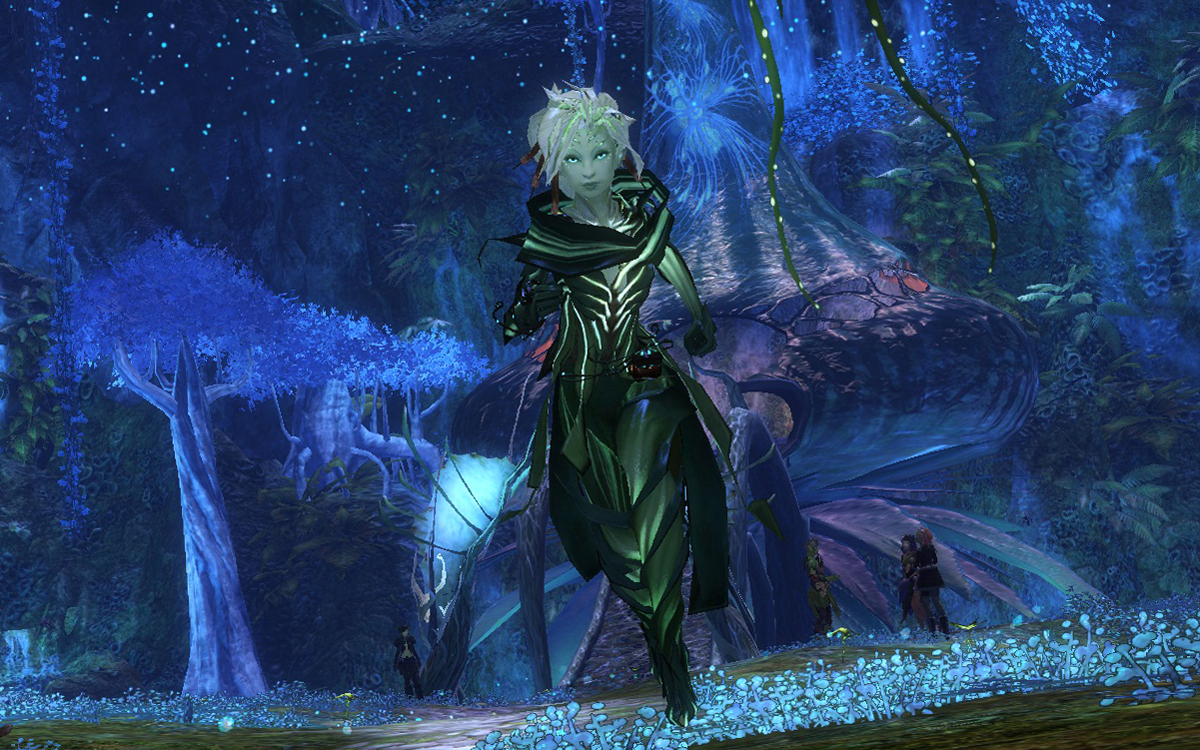
The truth is, Deroir’s comments are part of a much larger pattern where women in gaming are either seen as inexperienced or doting listeners eager to hear men explain how video games work. Permanent first-timers. But Price was never asking for someone to explain to her how to do her job, just as Myers never asked game developers to talk down to her, or Hudson never wanted some random man to teach her about her own reporting. Firing Fries and Price isn’t just inappropriate: It’s telling players that women in gaming should sacrifice their personal boundaries in order to entertain their consumers and readers.
At the end of the day, gaming is seen as a boy’s club. One where women are honorary members as long as they don’t speak out their treated. Whether it’s women working behind-the-scenes in esports or game companies like Blizzard actively hiring more women, gaming isn’t just for men any more. We’re here. We’re leaving our mark. We aren’t going anywhere any time soon.

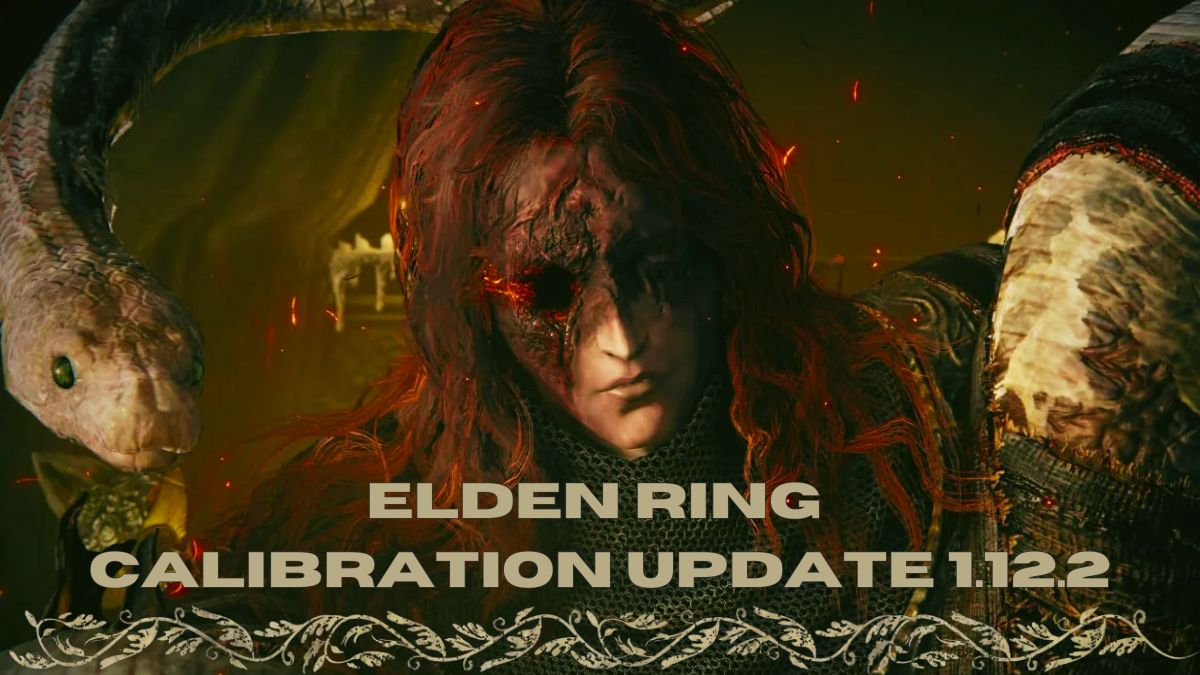
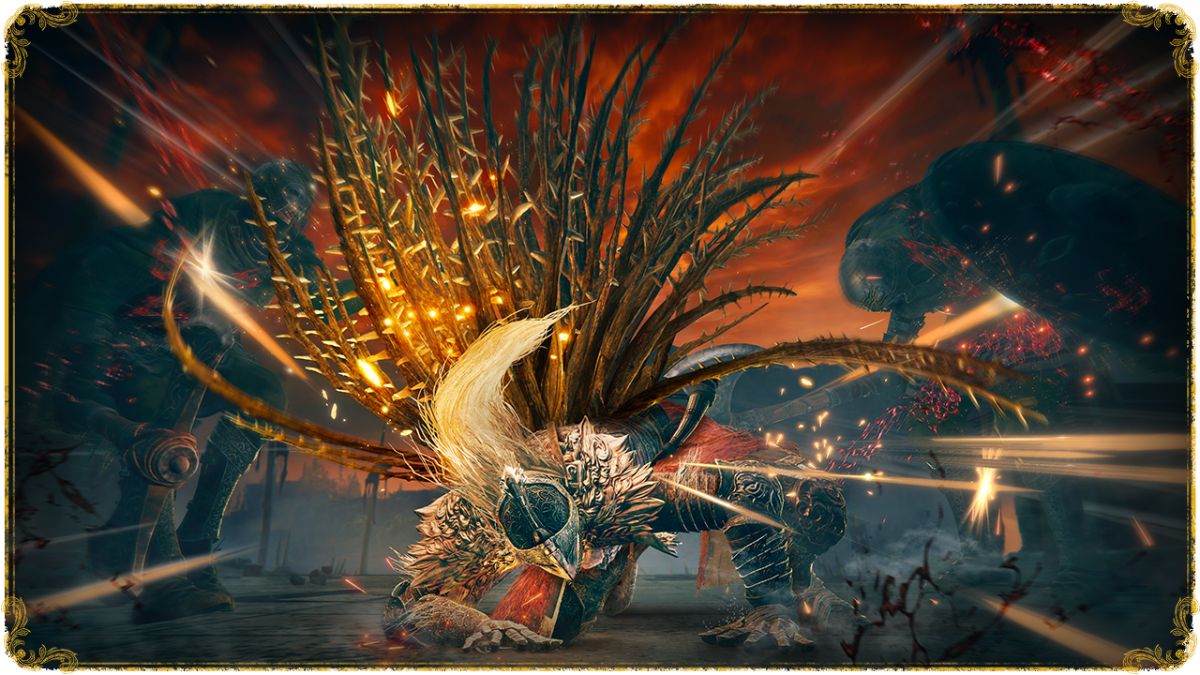
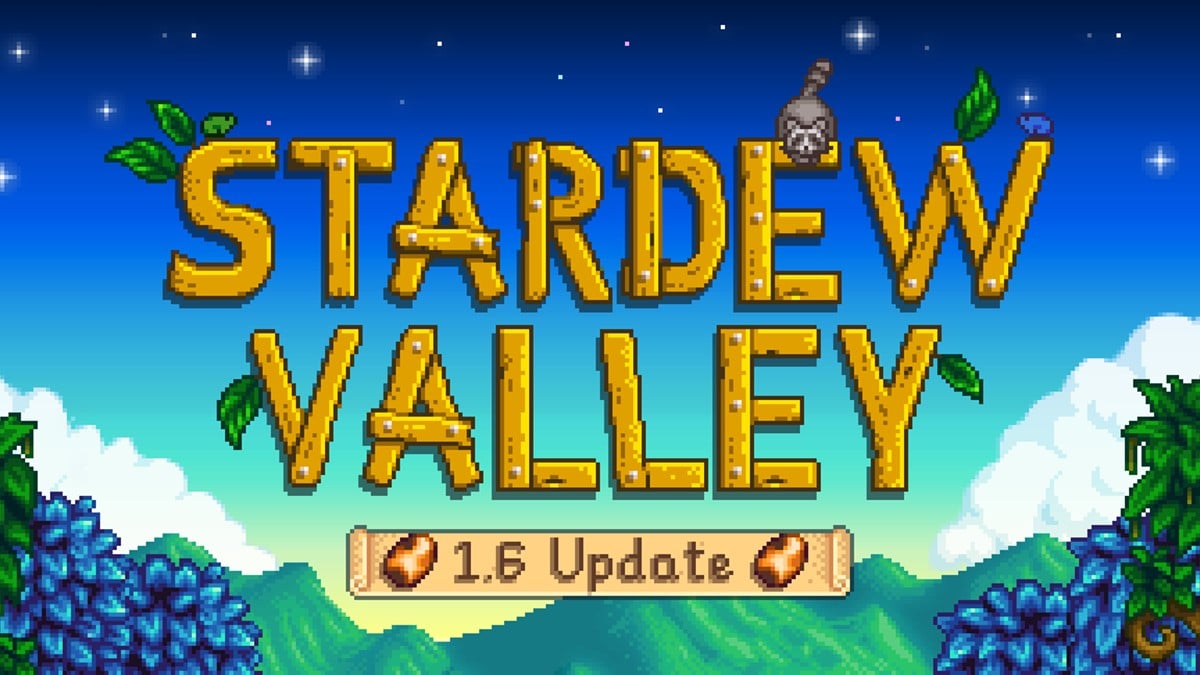


Published: Jul 7, 2018 12:42 am